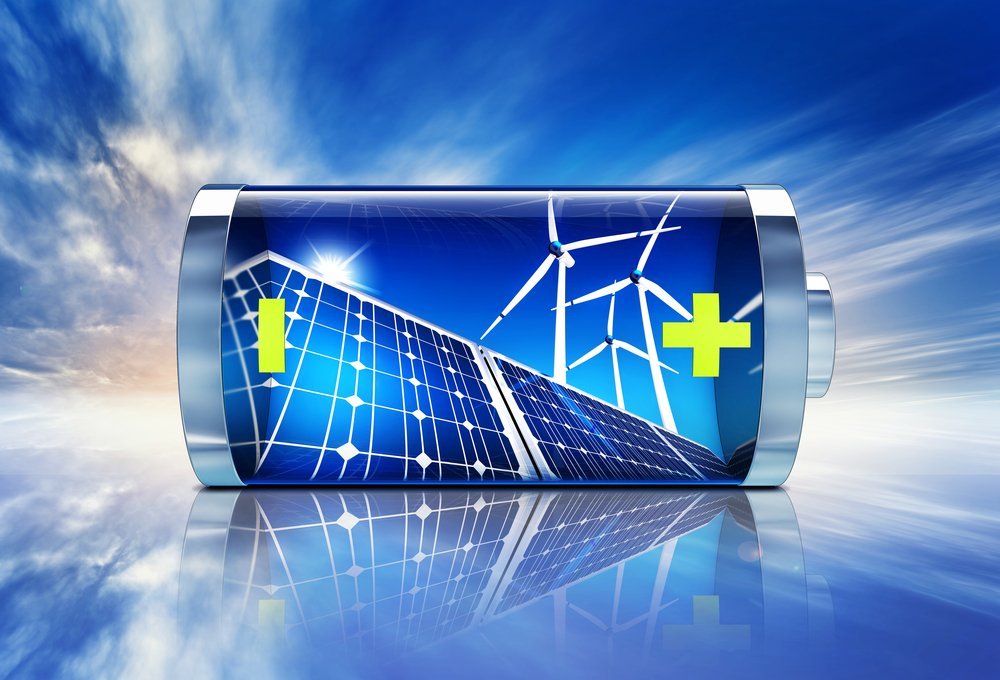
Whether you are thinking about a solar system because you want to reduce your personal carbon footprint as an environmentally-friendly step, or you are in the market because you’re tired of paying the high (and ever-changing) rates for electricity from your local power company, solar systems have become a popular choice. The biggest question most people face when they’re ready to put in a solar system is whether or not to install a battery backup with their system.
Before we get into a discussion of pros and cons for battery backup systems, it’s important to define “battery backups” and compare that to the alternative, which is a “grid-tied system”. When batteries are installed with a system, it enables the homeowner to capture and store their own solar energy. Energy captured is held in the battery for use later (such as at night, or on an overcast or stormy day).
A grid-tied system without a battery backup still captures solar energy on sunny days, but any energy you don’t use in real time is sent to your local power grid, where the power company can distribute it (rather than storing it). During the hours that there is no solar energy coming in through your panels, you will get electricity from the local power grid. That doesn’t mean you lose any of your solar energy, though; you get credits for any energy that you send to the local power company that you can use toward energy you pull from the grid later.
Perhaps the biggest benefit of a battery backup is the ability to use the solar energy you capture at any time, even when the local power grid is down. Grid-tied systems will not have power when there is a local outage, while those with battery backups can continue to draw on any reserves you have. These systems will still be tied into the grid so that you won’t ever run out of power (even if your battery has no reserves, you will be able to draw power in the more traditional way from a local power company, but you will only use that as a last resort. If you live in a place where there are frequent power outages, or frequent disruptions to your power due to storms or other things, a battery backup could be very beneficial to have.
The biggest reason that people opt out of battery backups is the up-front costs, which are higher than for grid-tied systems with no battery installed. Before deciding on price alone, it’s a good idea to discuss what your goals and your specific needs are, and the importance of having power at all times, even when the local power grid is down. You can also install multiple batteries if a single battery cannot capture all the energy from your solar panels, or it cannot hold enough to meet your needs when the grid is down or when there is no solar energy coming in. If you have significant power needs, make sure you talk to your solar consultant so they can recommend the right size system.
Many homeowners who opt for a battery backup system are delighted that they chose the option, despite the higher costs, because of the added benefits. Contact Intermountain Wind and Solar today to learn more about both options.





"All of the photos on this website are of real projects that Intermountain Wind & Solar has designed and installed.
We are proud to show off and stand behind our work."